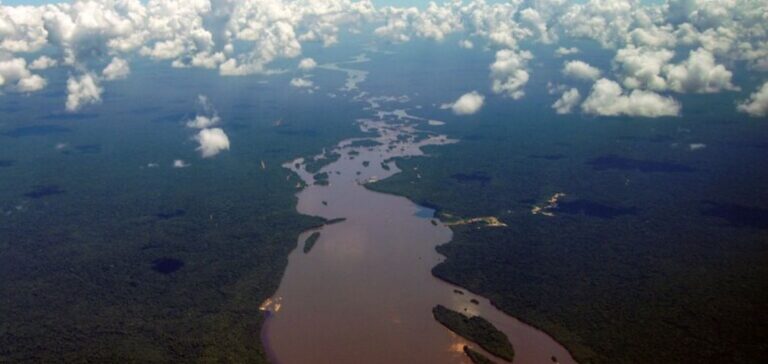The government of Guyana strongly condemns Venezuela’s enactment of a law annexing the oil-rich Essequibo, the subject of a long-standing territorial dispute. Georgetown described this action as a violation of international law, exacerbating tensions between the two nations.
Georgetown’s reaction
In response to the Venezuelan law, the Guyanese Ministry of Foreign Affairs expressed its displeasure, claiming that Venezuela’s annexation of the territory contradicts the commitments made in the Argyle Joint Declaration for Dialogue and Peace, signed by the presidents of both countries.
The implications of the Venezuelan law
Venezuelan President Nicolas Maduro has promulgated a law declaring Venezuela’s sovereignty over Essequibo, now designated as a new Venezuelan state. This law was the result of a referendum held in December, favoring annexation despite Guyanese claims backed by arbitration in 1899.
Cross-accusations and international tensions
Guyana accuses President Maduro of jeopardizing peace and good understanding between the two nations, citing his statements on the allegedly dominant role of the United States and ExxonMobil in Guyana’s governance. These accusatory exchanges mark a significant rise in bilateral animosity.
Geopolitical and historical issues
The Essequibo dispute, which dates back to colonial times, pits a Venezuelan historical vision based on 1777 borders against that of Guyana, asserting the legitimacy of a demarcation established in 1899. The discovery of oil in the region has intensified the confrontation, with far-reaching implications for regional security and economic development.
Venezuela’s Essequibo law revives a long-standing territorial dispute with Guyana, posing significant challenges to regional stability and international law. The statements from Georgetown and Caracas reflect a growing diplomatic crisis, with potential repercussions far beyond their borders.





















